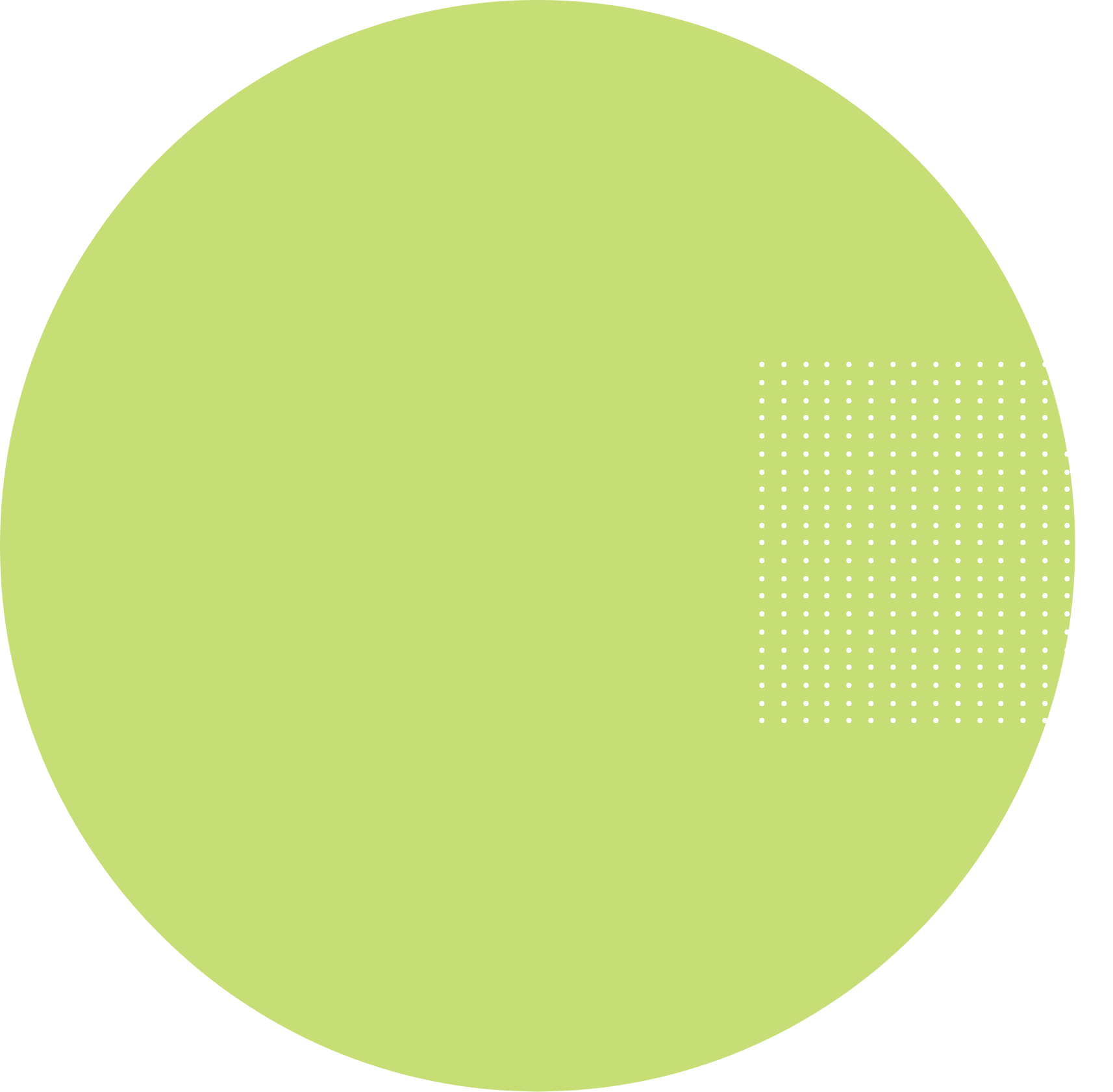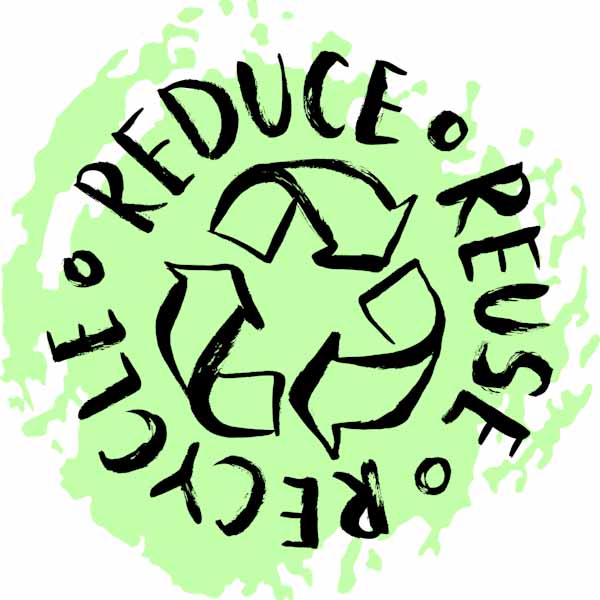
In February 2021, France passed a new law known as the AGEC (Anti-Gaspillage et pour l’Economie Circulaire) law, which aims to reduce waste and promote a circular economy.
What is AGEC?
Brands and retailers in France will have heard of AGEC (Anti-Gaspillage et pour l’Economie Circulaire) law sometimes referred to as the French Anti-Waste law. Introduced in 2020 the law aims to support the transition to a less wasteful and more circular economy.
It has a number of short, medium and longer terms objectives that are designed to encourage business across multiple sectors to minimise waste and adopt circular behaviours. The encouragement is framed as either prohibited actions or incentives; including measures to reduce the use of single-use plastic and encourage recycling.
What are the main objectives of AGEC law?
- The elimination of single-use plastic packaging by 2040
- Providing the consumer and waste contractors with better information
- Limiting waste creation, promoting re-use, recycling and repair
- Elimination of planned obsolescence
- Improving production techniques and resource management through design
Who AGEC law applies to
AGEC law applies to goods sold in French territory.
- AGEC Strategy Roadmap – support with understanding the AGEC decrees that affect your products
- AGEC Product Sheet Readiness Assessment – assistance with understanding AGEC decree 2022-748, including identifying your product information gaps
- Compostability – various biodegradability, disintegration and compostability testing services
- Biodegradability testing
- Chemical testing – for the presence of hazardous chemicals
- Traceability – through supply chain mapping
- Microplastic testing – quantification and identification
- Life Cycle Analysis – providing detailed measurements and metrics to compare product impacts
- Endocrine disruptor testing service – comprehensive testing to identify the relevant endocrine disrupting properties in your products, ensuring they meet France’s regulatory standards
All Services
Our services
Why Eurofins Sustainability Services?
Specialist experience in leather, textiles, paper, packaging and plastics

Multiple testing facilities

Complete package from biodegradability to toxicity impacts and plant response
Can be linked with the microplastic analysis of degradant

